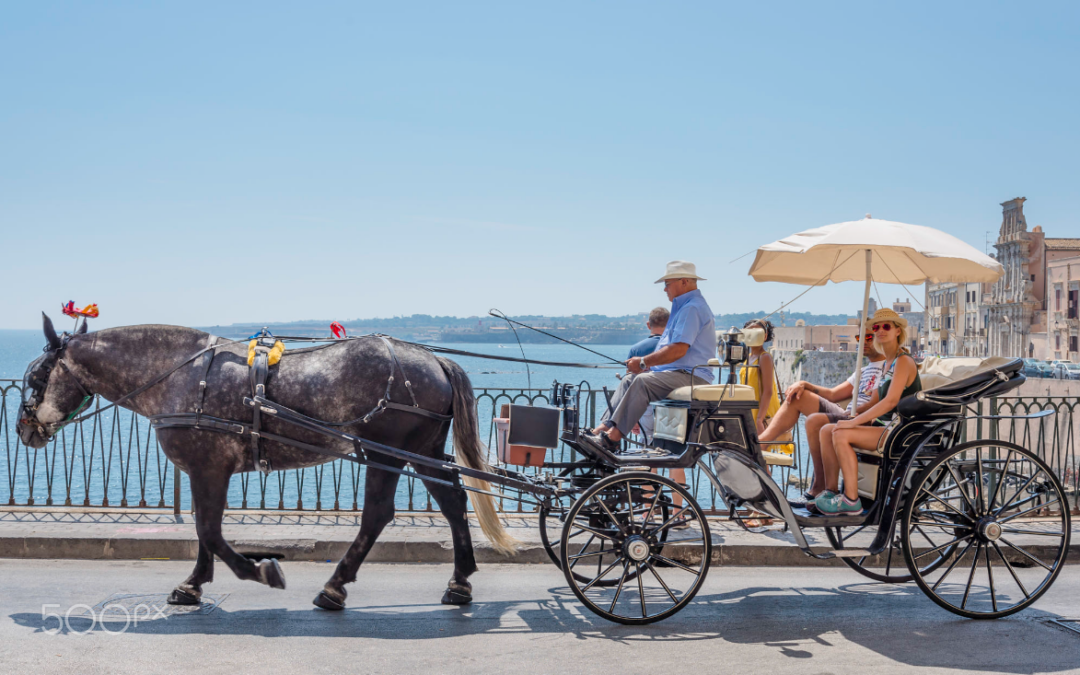The term “psychocentric tourism” refers to a type of tourist who chooses the same destination for every trip or opts for well-known and familiar locations.
Psychocentric tourists are individuals who select a destination and develop an attachment to it, deciding to return to the same place for many years, creating a strong connection with the location. Due to this, they find it challenging to change their habits.
These tourists may also travel short distances or visit very well-known destinations, using traditional means of transportation for long distances such as planes or cars.
This type of tourist tends to always use the same accommodation for their stay, not considering other options that the destination might offer.
As a result, these tourists are often major contributors to mass tourism, as they visit already popular destinations, sustaining an already saturated market, instead of opting for lesser-known destinations that are equally equipped with everything one might need.
Mass tourism can have harmful consequences on various levels: environmental, economic, and cultural. Environmentally, overcrowding of tourists can lead to increased carbon emissions, a rise in waste in that area, and the abandonment of cities by residents. These effects can gradually destroy the environmental resources on which tourism depends. Local cultures are not spared from this form of tourism, with experts believing that mass tourism is at the root of cultural erosion.
One key to containing tourist flows and promoting sustainable tourism is a valorization process that considers smaller realities, encouraging respect for the lifestyles of local communities and intercultural interaction.
Getting to know different destinations, diversifying holiday destinations, and trying new accommodations is a way to learn more about people’s lifestyles outside our comfort zone. Slow and sustainable tourism provides visitors with authentic places where they can share the lives of local people, immersing themselves in the local culture.
Want to simplify the management of your short-term rental?
Discover how we can help you maximize your earnings and simplify the management of your property.
BOOK YOUR FREE CONSULTATION NOW!

